BMW has promised the “joy of driving” will never go away and it will continue to invest in dynamic “fun and capability” in future models, in parallel to the development of advanced self-driving technologies.
The company was at the Shanghai motor show in China last week to show off its outlandish Vision Driving Experience prototype - a quad-motor super-saloon concept that showcases the capabilities of the new ‘Heart of Joy’ power management system that will be used in its upcoming electric cars.
The radical demonstrator, evolved from the Vision Neue Klasse concept that previews the next 3 Series, is described as “the fastest test bench in the world”.
With a brutal 13,269lb ft of torque and up to 1200kg of downforce, the VDE is designed not just for lightning-fast acceleration times and ultra-quick cornering but to challenge "the limits of driving physics" - as demonstrated by a demo run straight up a 55deg ramp at the show.
It's all part of a drive to demonstrate that "driving fun and capability will become more important than in the past", according to BMW product boss Bernd Körber.
He was speaking to Autocar on the sidelines of the Shanghai show, where a prevailing theme among the manufacturers in attendance was the evolution of self-driving technology and the increasing automation of mobility in general.
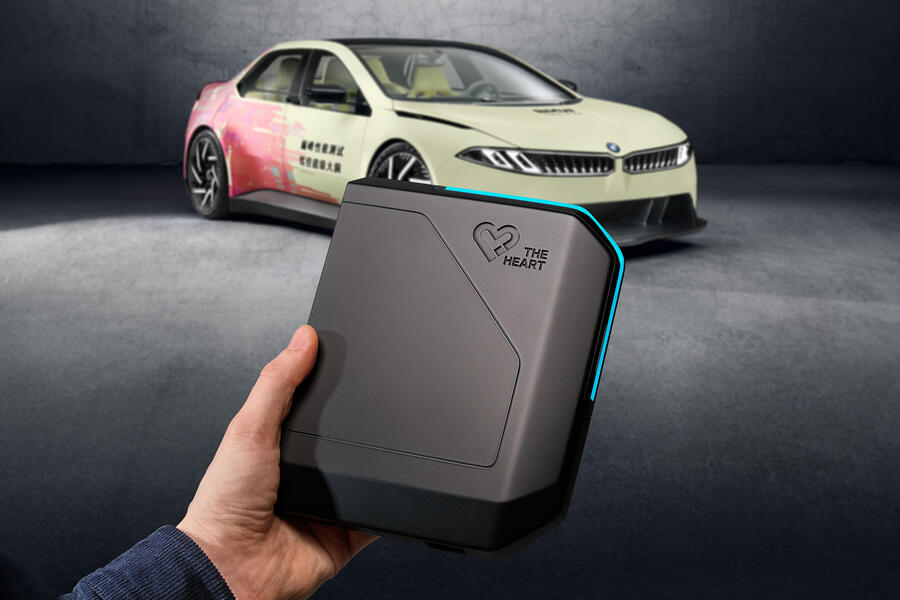
Volkswagen, for example, revealed a new driver assistance system capable of 'level-two-plus-plus' automated functions on motorways and urban streets, while tech giant Huawei showed off a level-three system that it says will be fitted to nearly four million cars this year.
Geely brand Zeekr, meanwhile, demonstrated that its 007 shooting brake is now capable of driving itself into precisely the right position so that a robotic charger can plug it in and charge, with no human input needed at any stage.
Despite Chinese regulators announcing a clampdown on exaggerated and misleading marketing claims about autonomous vehicles, it remains a key battleground for the industry, and the Shanghai show was evidence that it’s a primary area of investment for most leading manufacturers – so BMW’s focus on driver engagement provided a stark contrast.
Körber concurred: "While everyone is looking towards automation, why do we focus on driving?” But he said it's important for BMW to demonstrate that it remains committed to its core values and its heritage as a maker of engaging driver’s cars - an attribute that he believes the company can continue to lean on. “My prediction is that the relevance of driving will actually increase in parallel to the relevance of higher automated driving.”

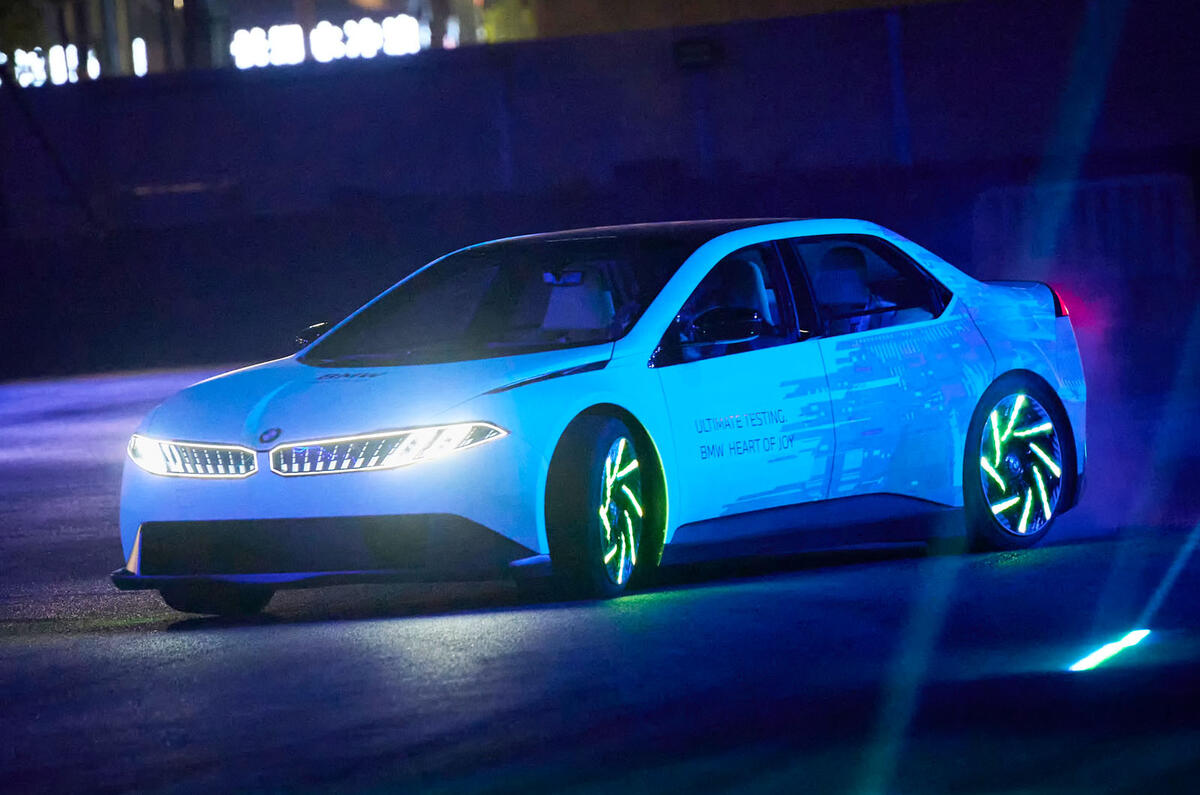
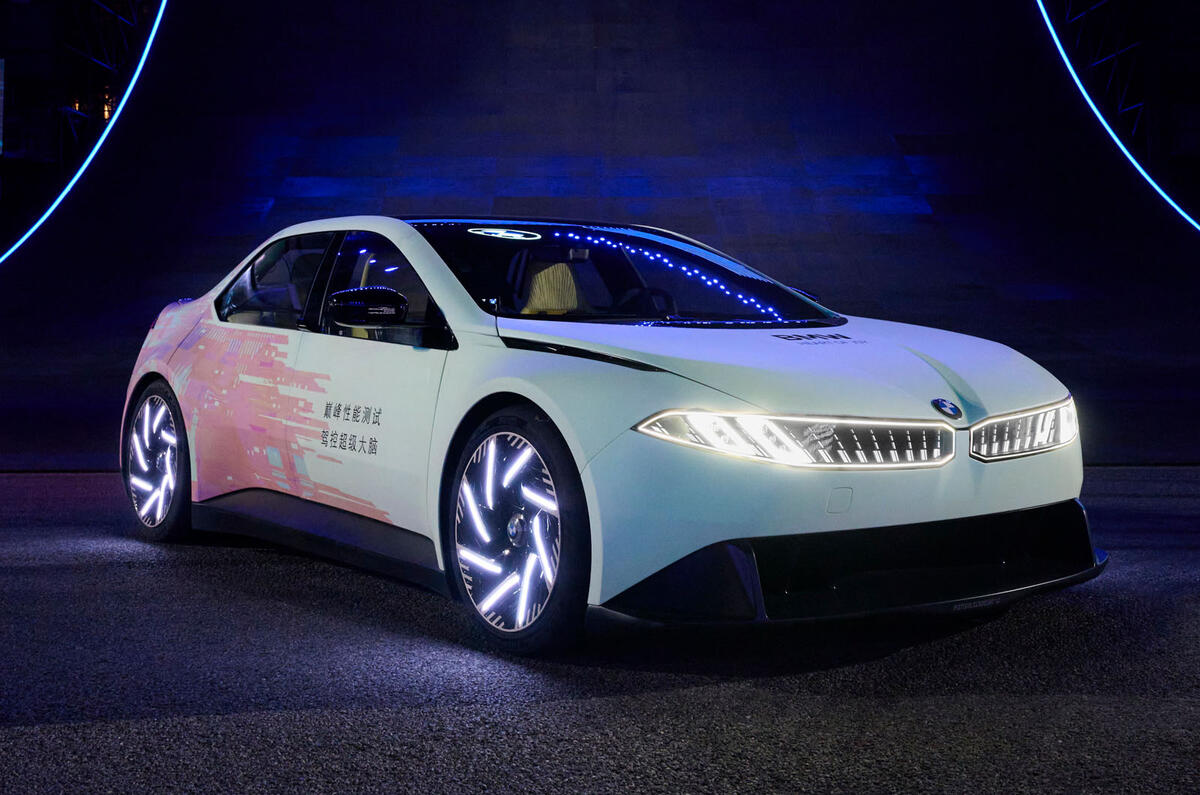
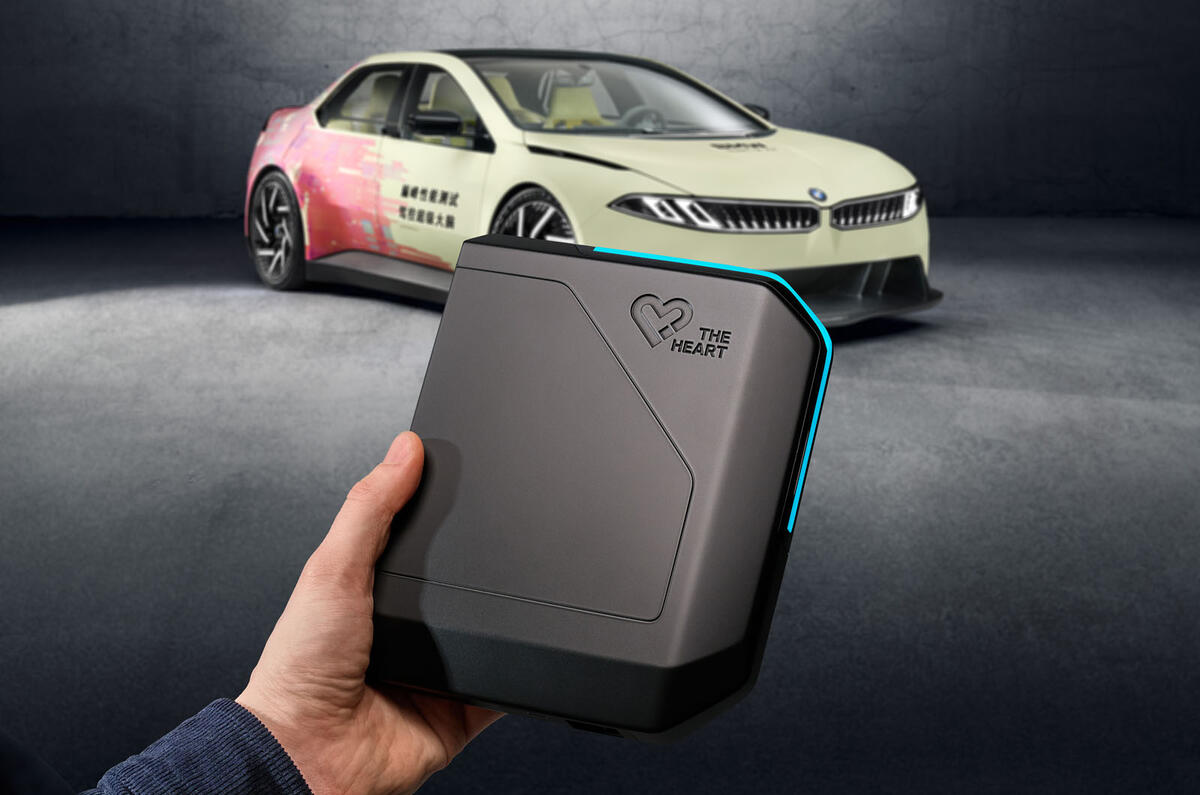
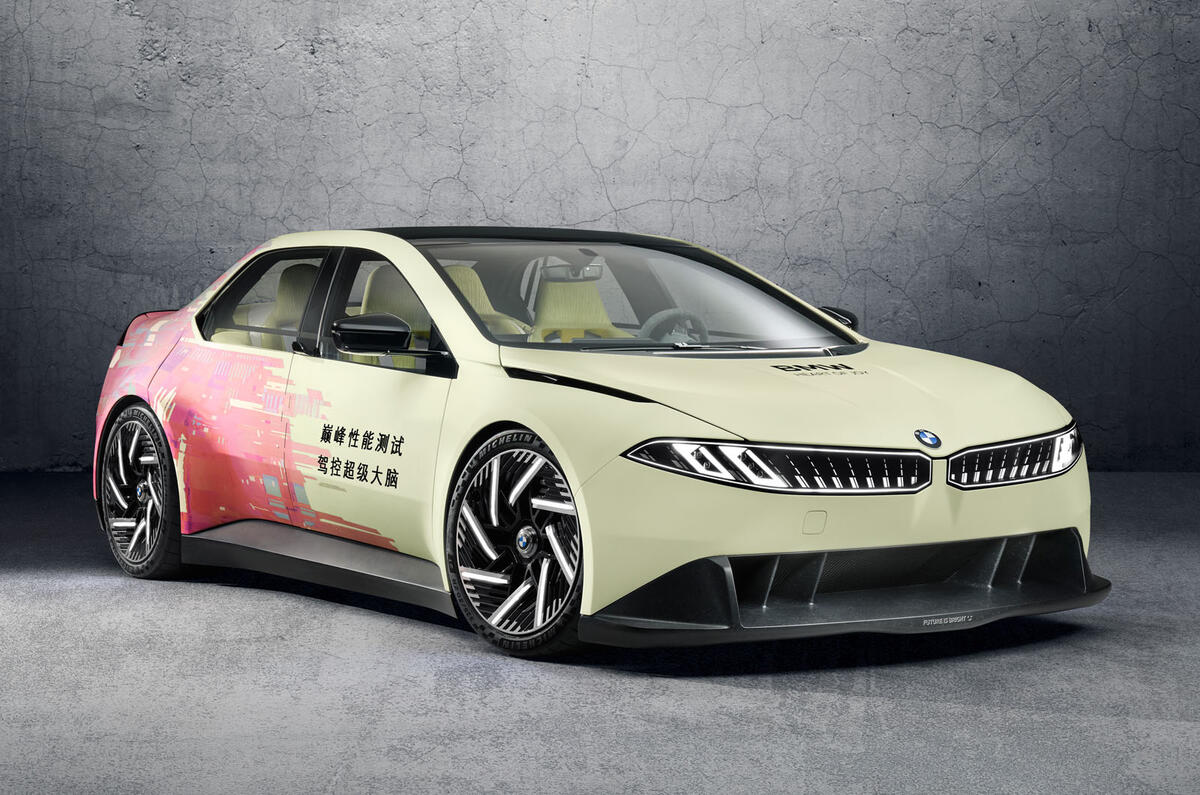
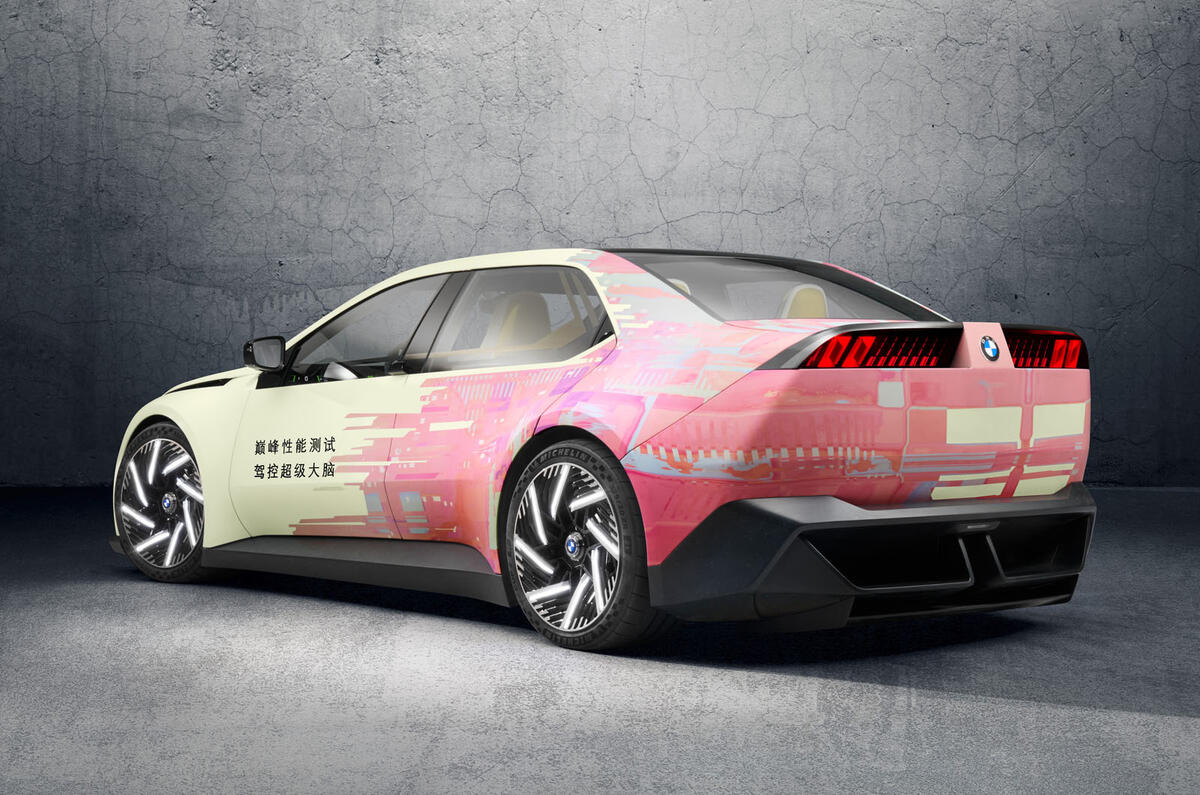
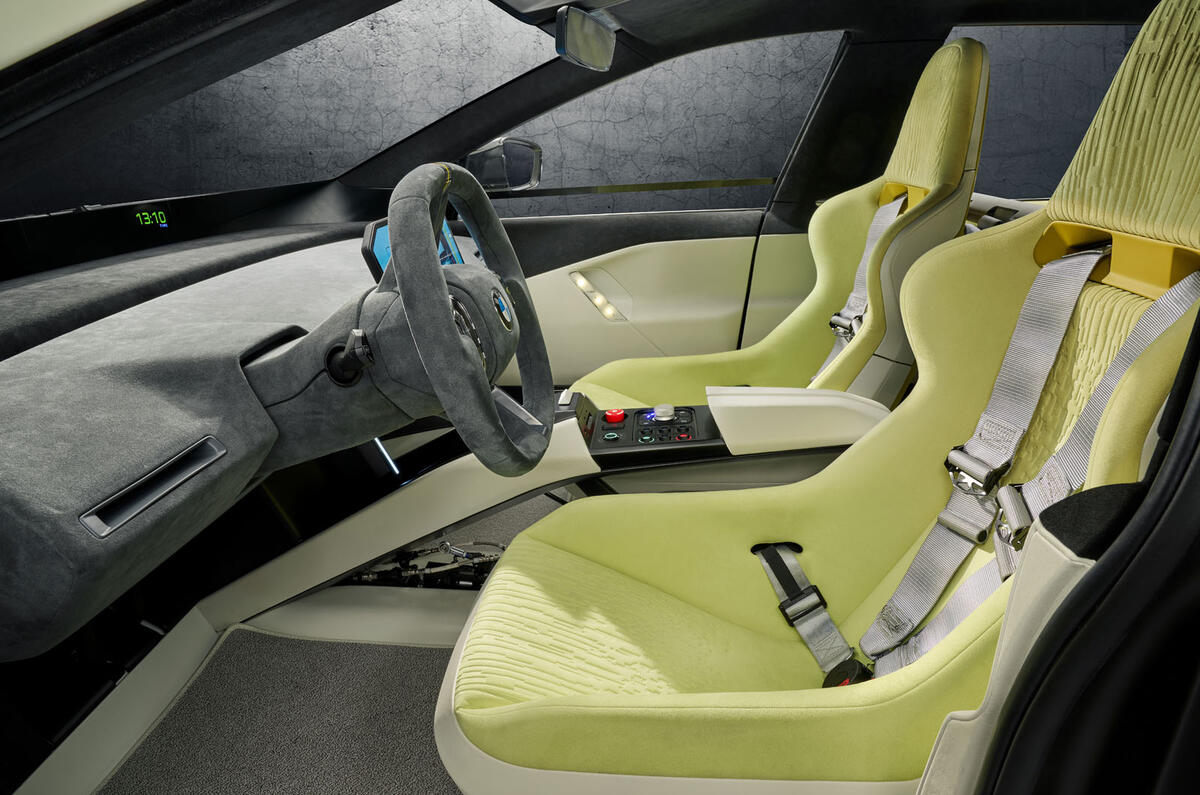
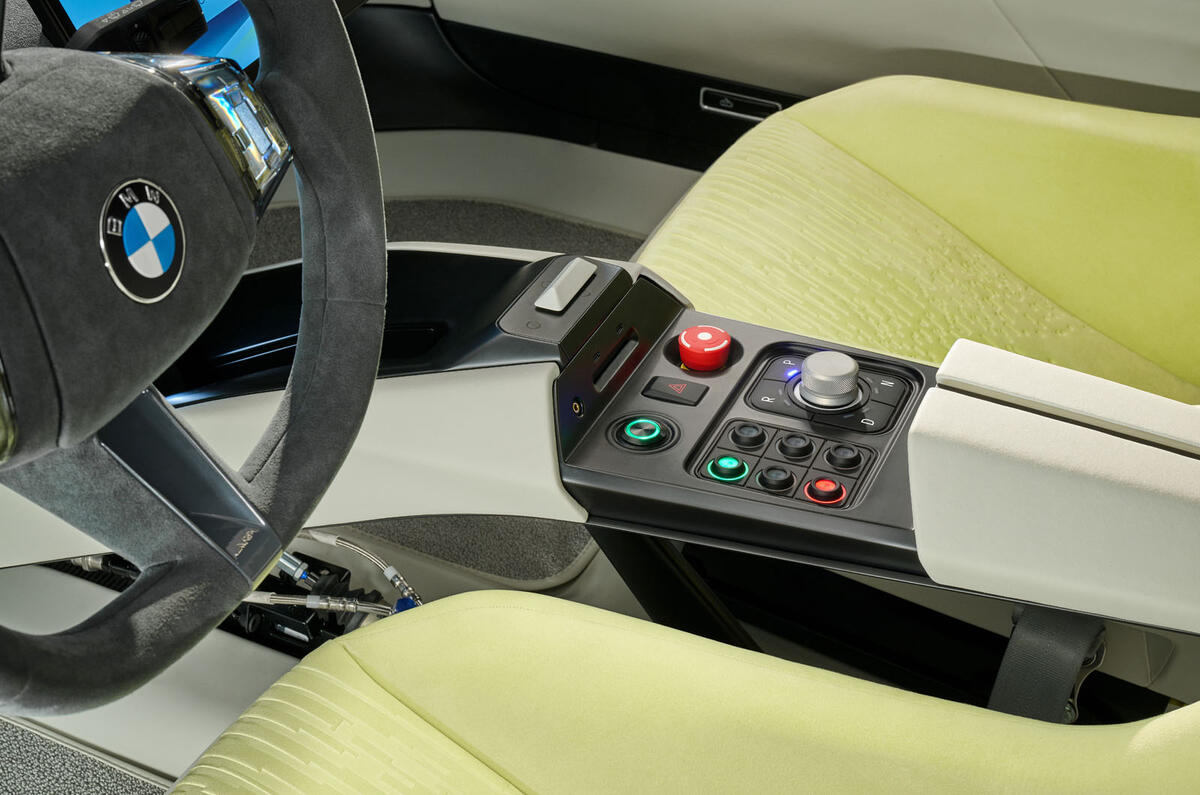
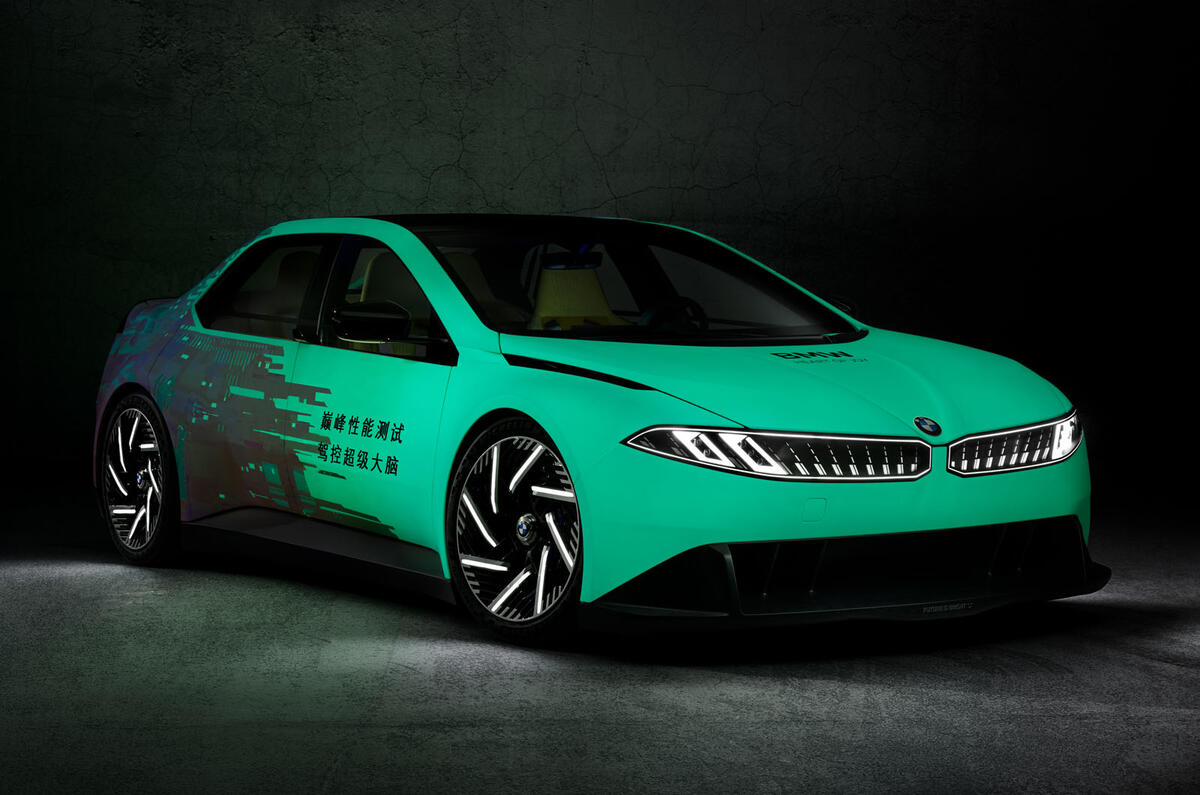
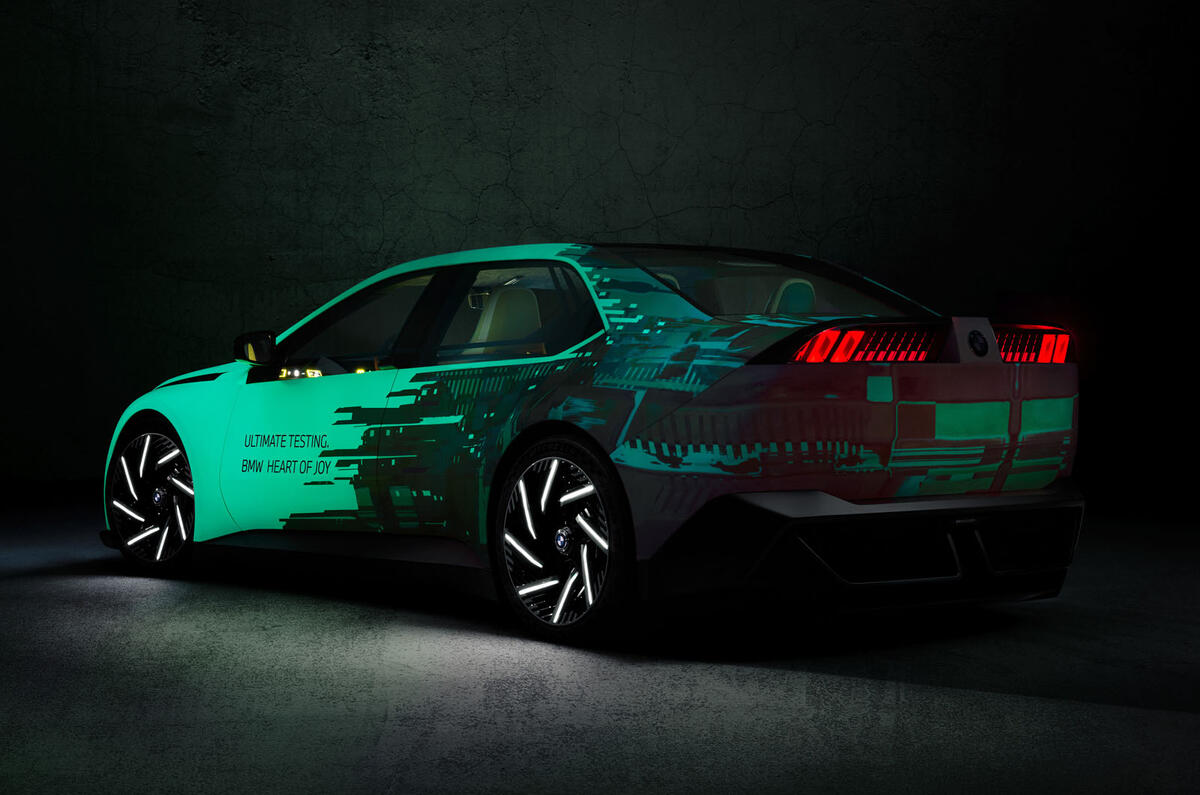
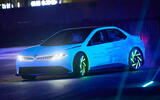
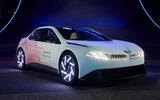
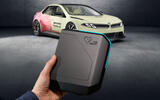
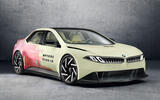
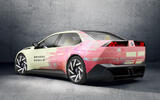
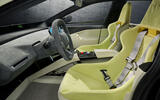
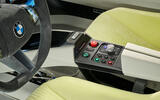
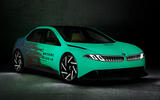
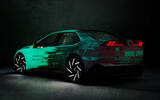

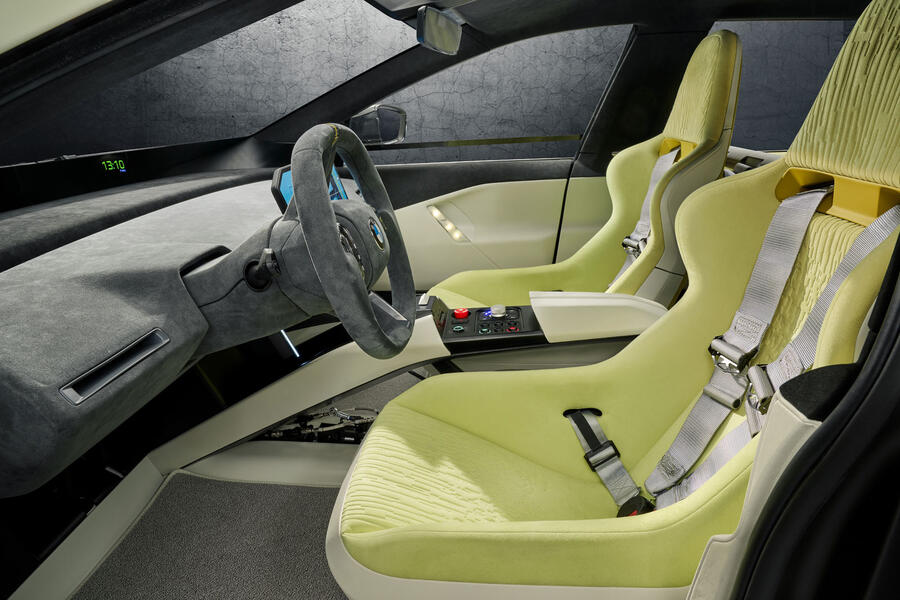
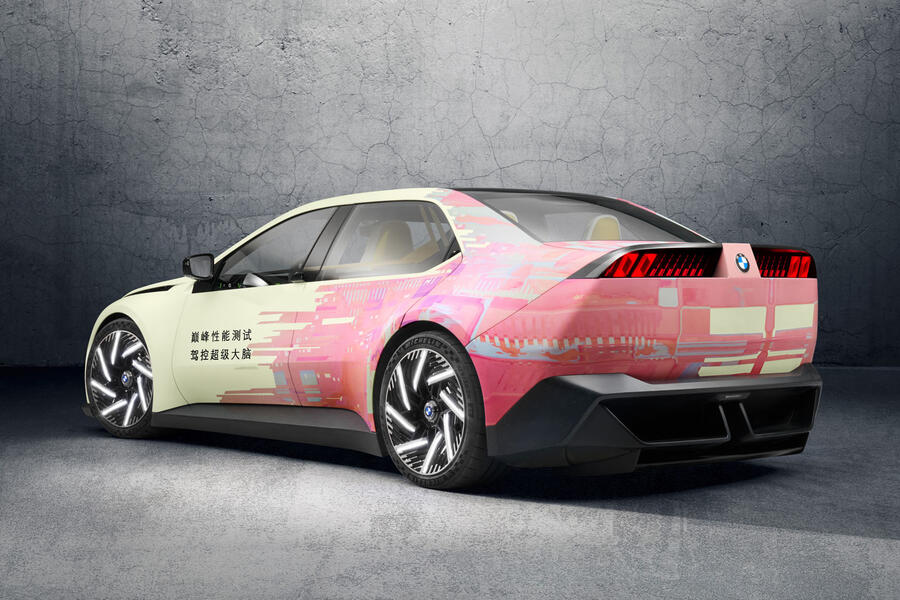





Join the debate
Add your comment
Could they make their cars any uglier? It all started with their X cars the latest 5 series which are thankfully a rare sight and now this monstrosity. Chinese cars look better than this.
Sounds a bit like desperation to me. If and when people spend most of their time not actually driving their cars, will they actually care that much how it drives when they get the chance? I think the comparison with motorbikes on country roads at weekends is a rather different kettle of fish, surely people will look to older, more analogue vehicles for driving thrills.
Could see a gradual rise in second hand M3's and RS AUDI and any other current ICE performance car car, since the advent of Ev's the rise in torque and BHP has become irrelevant because it's so easy to extract it nowadays but the driving abilities hasn't, it's too easy to get your backside in a 300+ BHP car these days, as long as you can afford it and the insurance,if anything nowadays there should be an advanced driving test to see if your capable of drivers a high powered vehicle.
Putting that amount of torque in the hands of your average driver would be pointless, yes, it's for development purposes but it beggars the question, what makes a BMW's claim 'the joy of driving' stand up?